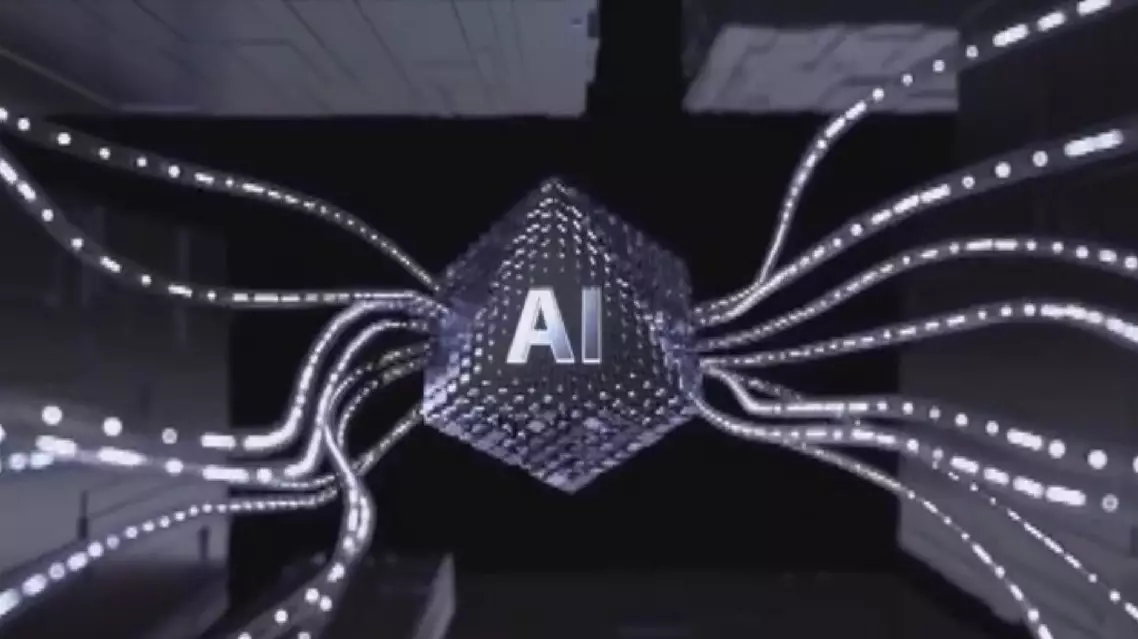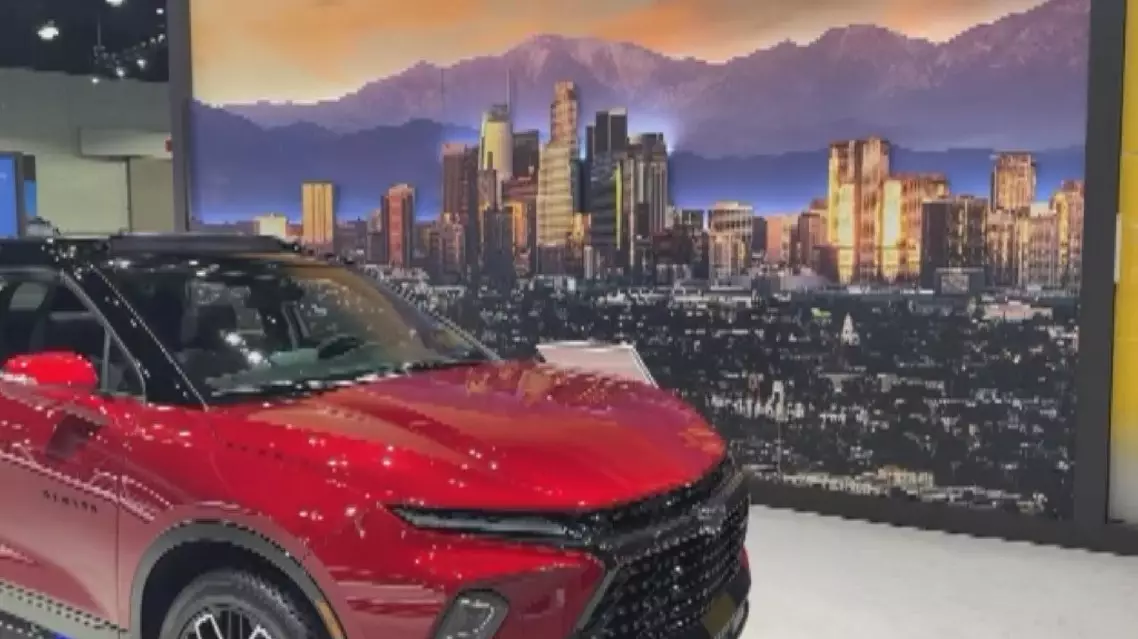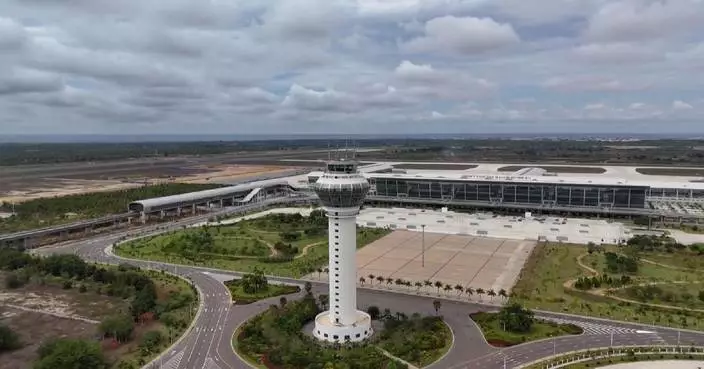Artificial intelligence (AI) will significantly change labor markets in multiple countries, according to a report released by the McKinsey Global Institute.
McKinsey Global Institute has released a report titled "A new future of work: The race to deploy AI and raise skills in Europe and beyond." The report highlights that with the rapid extension of artificial intelligence technology, the labor market is poised for a significant transformation.
It is projected that by 2030, generative AI will automate nearly one-third of working hours in the United States and Europe, according to the report.
The rapid development of AI may lead to a polarization of the labor market. On one hand, high-skill and high-wage positions may struggle to attract suitable talent. On the other hand, low-wage industries may face a labor surplus. It is expected that the proportion of high-wage positions will increase by 1.8 percent in Europe while the proportion of low-wage positions will decrease by 1.4 percent.
In addition, the report predicts that Germany will have approximately 3 million positions affected by AI by 2030, accounting for 7 percent of the total employment. Among them, office jobs in the administrative areas of companies and public institutions will be impacted the most, representing 54 percent of all jobs affected by AI.
The report suggests that people should respond to AI's challenges by participating in training and upgrading skills.
McKinsey researchers said that managers should further invest in employee education and training. Without a significant improvement in the skill levels of the workforce, AI cannot fully unleash its potential.

Labor markets to undergo significant changes because of AI: McKinsey report
The 2024 Los Angeles Auto Show, one of the largest car events in the United States, is in full swing, serving as a platform for major automakers to unveil their latest models and concept cars. This year's highlight is the industry's transition to electric vehicles (EVs).
Unveiling a new electric vehicle at the Los Angeles Auto Show is no longer a novelty. Manufacturers are now stepping up by introducing electric SUVs and trucks, reflecting the growing demand for versatile EV options.
"What we're understanding is that some of the biggest purchase decisions are made on range and charging. So, everybody wants to have a long-range battery. So, anything over 300 miles, it seems to be the sweet spot. That is when you start getting people to consider switching from a gas-powered car to an electric car," said Shad Balch, Director of Communications at Chevrolet.
Electric vehicles are the buzzword at this year's show, with automakers showcasing new models that promise better performance, longer ranges, and faster charging capabilities.
However, some experts have raised concerns about market saturation. In developed markets like California, many early adopters have already made the switch to EVs.
Despite the higher costs, government incentives continue to play a crucial role in making EVs more accessible.
"EVs are here to stay. They are the wave of the future. Electric vehicles are better for emissions. And the government is mandating that all manufacturers have to produce EVs," said Claudia Anderson, Product Specialist at Subaru.
California is leading the charge with a mandate requiring all new vehicles sold in the state to be zero-emission by 2035. This corresponds to the growing environmental consciousness among consumers, which experts believe is driving the increasing demand for EVs.
"I'm from California. And remember, growing up when we had "spare the air days" - that the air was too dirty to go play outside. So, California's made big strides in leading the way with environmental policy, and the vehicles are a nice complement to help achieve that solution," said Balch.
According to "Statista Market Insights," the U.S. EV market is projected to grow at an average annual rate of over 10 percent, with total unit sales expected to reach 2.3 million vehicles by 2029.

Los Angeles Auto Show 2024 highlights surge in EVs










